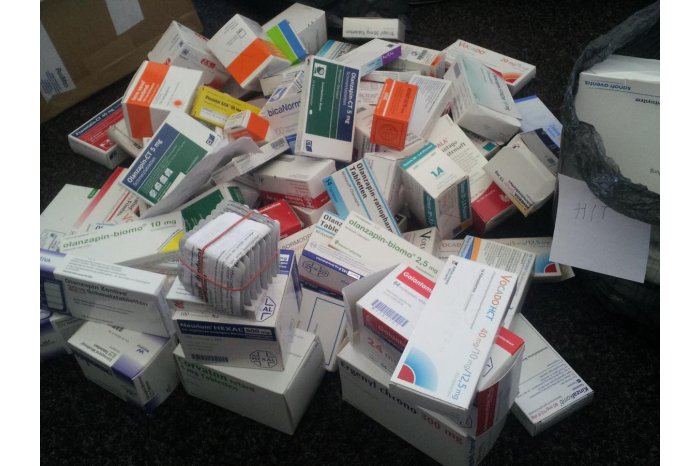Prices for 160 most imported, usual medicines to decrease by up to 40 per cent in Moldova
16:39 | 06.10.2016 Category: Social
Chisinau, 6 October /MOLDPRES/ – Prices to 160 most imported and usual medicines from 12 October this year will decrease by up to 40 per cent. Prime Minister Pavel Filip reached an agreement at a meeting today with representatives of big pharmaceutical companies.
"From the mandate beginning I proposed as priority number one, to find solutions to the prices of basic necessities and services that pay the citizens of the Republic of Moldova. We obtained that these prices are relevant to the existing situation in the country," said Prime Minister Filip.
The official said that an important area is pharmaceutical one. Since March after broad discussions with representatives of the pharmaceutical and medicine distributors, there was approved an action plan in the field of medicine, which was to be implemented by the government.
"Some of these actions have been taken, such as simplified authorization or re-authorization of medicines on the Moldovan market, reduced registration fees. A decision to this effect was approved at the government meeting last Wednesday. I approved the decision on creating unique centralized purchase Center, which comes to simplify relations between providers and health institutions. There are to come some other actions," said the prime minister.
Referring to discussions with pharmacists and drug distributors, Pavel Filip said that: "The government has always taken not to impose anything by force, not dictate prices, as it was done previously." The prime minister said that it was set a partnership with pharmaceuticals, so as to identify all the problems and find solutions.
Representatives of pharmaceutical companies manifest willingness to support vulnerable groups and reduce the prices for 160 medicines by up to 40 per cent, which will increase access to medicines for the poor. However, they said that the talks were not easy, but out of those it was reached a common resolution.
(Reporter V. Bercu, editor L. Alcaza)

